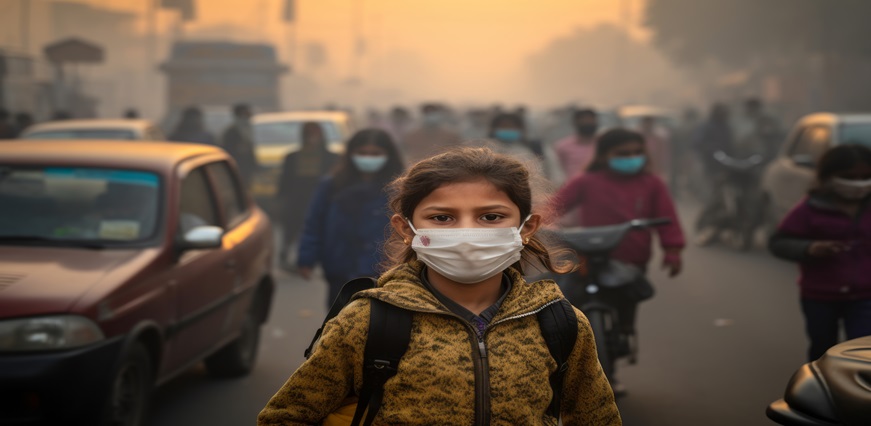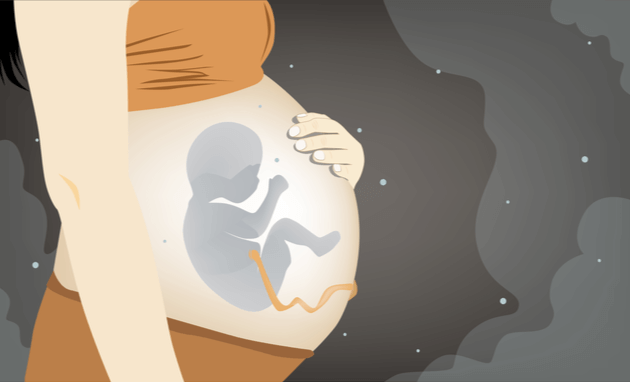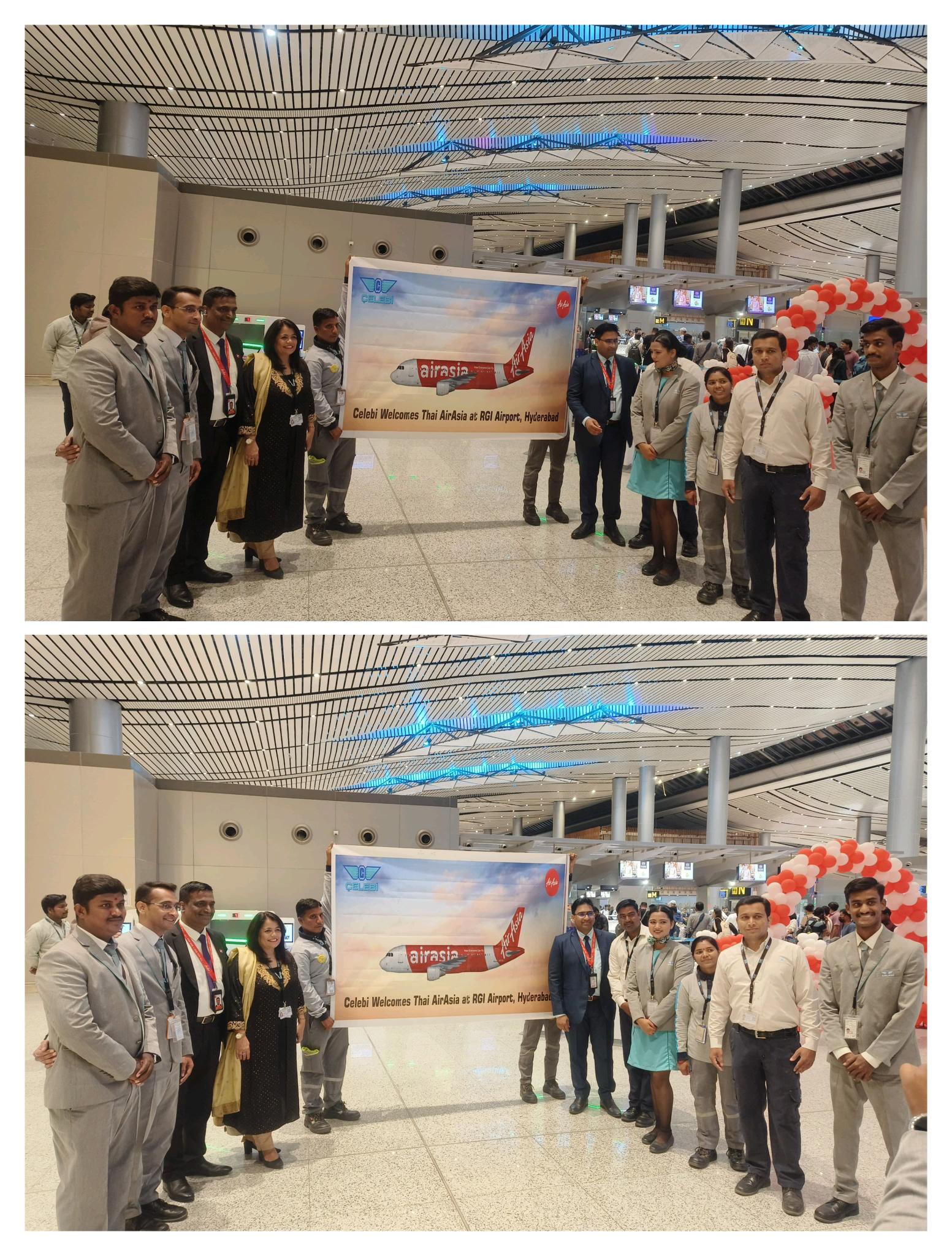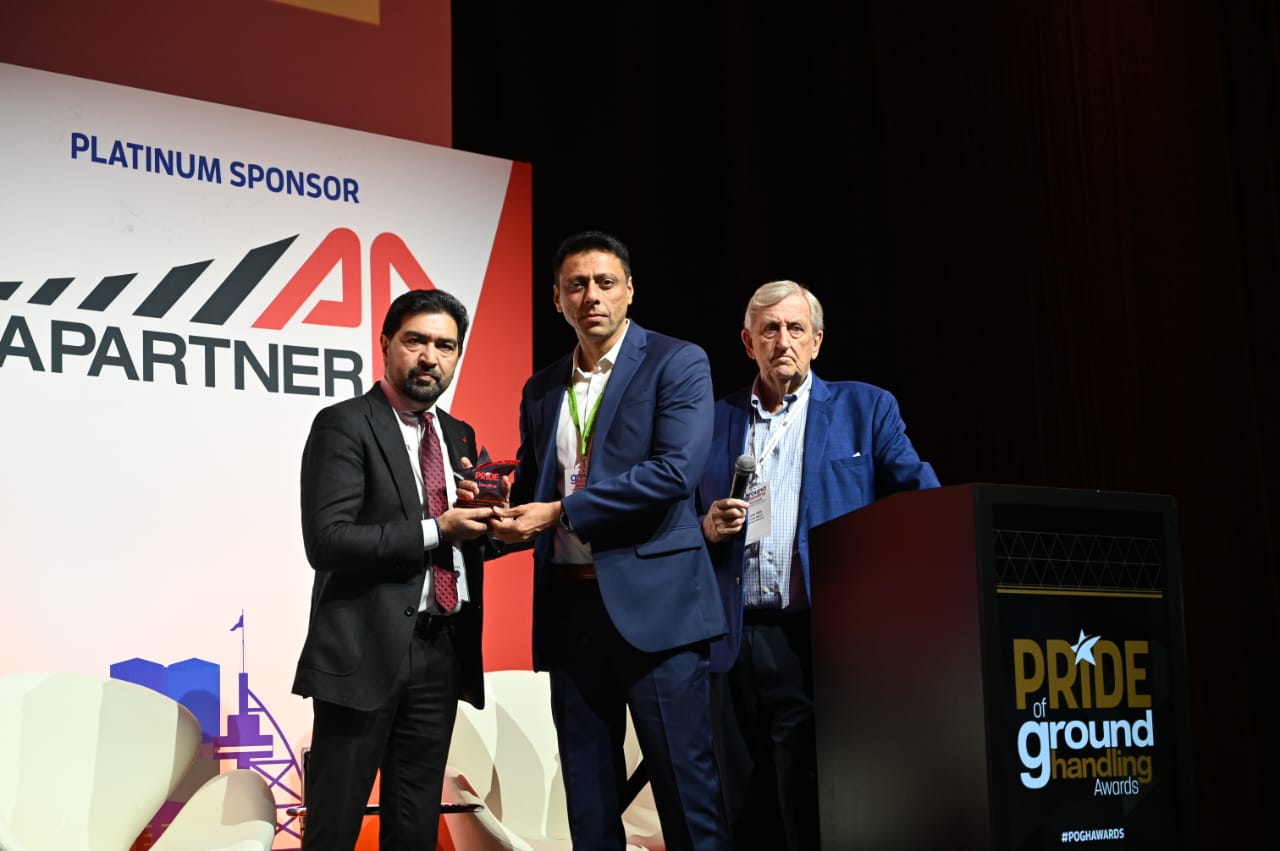Leprosy (Hansen’s disease) is a chronic infectious disease caused by a slow growing bacteria called Mycobacterium leprae. But stigma and discrimination against persons affected by leprosy is propelled by us - human beings. This stigma is not only manmade, but is also unjustified, violates human rights and is a result of being blind to the fact that leprosy is curable.
Leprosy is just any other infectious disease, not a ‘curse’ or ‘sin’
Once feared as an incurable neglected tropical disease, leprosy has been treatable and curable with modern medicines since early 1980s. If diagnosed early and treated promptly, it is not disabling too. It is transmitted through close and frequent contact with people who have not been treated. It is NOT spread by casual contact like shaking hands, hugging, sharing meals, or sitting next to someone affected by the disease. Also, the patient stops transmitting the disease within three days after starting treatment with multi-drug therapy.
“Leprosy is just like any other infectious disease and its bacteria can infect anyone susceptible to it. It is not caused by some ‘sin of past life’ or by any 'divine curse'. Then why are we stigmatising and discriminating people affected by leprosy even today?” wonders Maya Ranavare, the first female national President of the Association of Persons Affected by Leprosy (APAL). APAL works in 18 states of India connecting people affected by leprosy living in around 800 leprosy colonies.
Maya was born and raised in a ‘leprosy colony’ in Maharashtra state of India.
Years back, her mother was affected by leprosy. Maya's husband too had leprosy and got cured. “As I was living in a leprosy colony, healthcare workers did their routine screening regularly. When I was about six years old, I was diagnosed quickly after healthcare workers saw white spots. I could access the medicines and get cured, thanks to them,” she said.
Today, she battles leprosy-related stigma and discrimination that continues to cause havoc in the lives of people affected with leprosy even today.
That is why, she and other #endLeprosy leaders together launched a Global Appeal 2025 to end stigma and discrimination against persons affected by leprosy. It was launched from Odisha (one of the high leprosy burden states in India) with endorsement from ministries of health of 56 countries worldwide. The World Health Organization (WHO) Goodwill Ambassador for Leprosy Elimination Yohei Sasakawa said that 2025 marks 20th anniversary since the Global Appeal was first launched in 2006 in India, home to largest number of people affected by leprosy worldwide. "If we join hands and combine our efforts the vision of a leprosy free world is not an impossible dream- together we can make it possible," said Sasakawa.
Being on the frontlines of fighting stigma
Maya is a remarkable person indeed! Having firsthand witnessed the trials and tribulations (as well as a lot of resilience and some triumphs) of people affected by leprosy since her childhood, she has lived experience of facing and confronting stigma, discrimination and ostracism. She is a survivor and continues to make a difference for the people affected by leprosy globally.
As a woman leader of APAL, Maya has helped highlight and respond to leprosy-related issues with a gender lens. Many girls and women share their concerns which underline the critical need for a gender-sensitive response to address leprosy and other health and development challenges, including stigma, they face- within their homes / families, or at workplaces, or in society in general. Sharing is caring and together unitedly they are trying to find gendered and locally relevant solutions to counter negative and harmful stereotypes related to leprosy and gender.
She shared with CNS (Citizen News Service) that in the past years people who got leprosy disease, when abandoned by their families, were forced to seek shelter in the so called ‘leprosy colonies’. APAL survey shows that there are around 800 leprosy colonies in the country. Odisha state, which is one of the high leprosy burden states in India, has 86 leprosy colonies. Some of the people in leprosy colonies have been living there for the last 60-70 years. Thankfully, in the recent past no new leprosy colony has come up in India.
Maya has studied till 7th standard but has done us all proud by voicing the needs of people affected by leprosy nationwide and advocating for change. She has travelled to over 14 countries to unite people affected with leprosy and call for a just change. She told us that she has worked with the government at all levels (district, state and national) and is trying to improve the health and development responses for people affected by leprosy. She has also coordinated State Human Rights Commission and has been a key member of the District Leprosy Coordination Committee.
Maya has received various awards recognising her contribution towards betterment of people affected with leprosy, including Sasakawa India Leprosy Foundation’s "Rising to Dignity Award" and RK Mehta Charitable Trust’s "Social Service Award." In 2014, she was cast in a documentary called ‘The unsung Hero."
Land rights
People affected by leprosy were forced to live and survive in the so-called ‘leprosy colonies’ decades back, but they have no land rights even today. Usually, such colonies are alongside railway tracks or adjoining forests or other such spaces, but the legal status proclaims them as ‘illegal occupants.’ This is a serious problem, says Maya.
CNS spoke to a person who got cured with leprosy and lives in a leprosy colony in Bhubaneswar. He preferred to remain anonymous. He said that he wants to get a job, but leprosy-related stigma and discrimination often jeopardises the work he gets, if at all. In such a situation, he is forced to resort to begging. Unless people or children affected by leprosy can get due education, right to employment, decent housing, just wages, and other health and social security, how will we ever end leprosy? (and begging)?
Maya too echoes this issue. She has been a long-standing crusader for financial pensions for people affected by leprosy. She has contributed to the Human Rights Commission reviewing and ruling in favour of persons affected, as well as in obtaining a special maintenance allowance from the Municipal Corporations for more than 3,000 people affected by leprosy. She is also a mentor for livelihood projects run by Sasakawa-India Leprosy Foundation and partners.
But despite efforts, the amount of pension received by persons affected by leprosy is not only meagre, it varies from state to state, and from person to person depending upon the extent of their disability.
In Odisha, people affected by leprosy were getting INR 1000 till recently. Now, Odisha government has increased the amount to INR 3500, but only for those with 80% or more disability (medically certified). In some states, like Telangana and Andhra Pradesh, eligible people get up to INR 5000.
Social security for people affected by leprosy needs to consider the age-old stigma and discrimination people face even today. “Unless we provide decent and just pension amounts to all persons affected by leprosy, we will be inadvertently forcing people to give up and beg,” says Maya. “We are trying our best to encourage people affected by leprosy to abandon begging, but we need pension support along with other social security to help them transition with human dignity and rights.”
Right to education and right to employment and decent wages
India’s Right To (Compulsory and Free) Education Act, 2009 recognises that eligible children who should get compulsory and free education include those who are ‘disability cured’. But reality on the ground is far from being ideal.
Maya points towards several laws and conflicting policies when it comes to ending leprosy. Unless we harmonise policies and laws to support persons affected by leprosy, it is not possible to end leprosy – and ensure a life of human dignity and rights for the people affected by leprosy. Even though the disharmony in laws and policies has reduced over the years but it is still far from being an ideal policy framework.
One example is The Rights of Persons with Disabilities Act, 2016. It was only after a lot of community-led advocacy by Maya and others, that it included people affected by leprosy. But awareness level among communities affected by leprosy is way below from being optimal. The gap in translating the law in practice becomes wider when it comes to women, says Maya.
She also underlines the dire need for providing optimal mental health support to people affected by leprosy, uniform education for all children affected by leprosy as well as due and just employment and decent wages for the adults.
The Indian government has promised to end leprosy by 2027 – three years before the global target for leprosy elimination. But ending all forms of stigma and discrimination against persons affected by leprosy is an urgent priority in the region.

 The Indian government has promised to end leprosy by 2027 – three years before the global target for leprosy elimination. But ending all forms of stigma and discrimination against persons affected by leprosy is an urgent priority in the region.
The Indian government has promised to end leprosy by 2027 – three years before the global target for leprosy elimination. But ending all forms of stigma and discrimination against persons affected by leprosy is an urgent priority in the region.











.jpg)







.jpeg)


.jpeg)



.jpeg)
.jpeg)






.jpeg)





